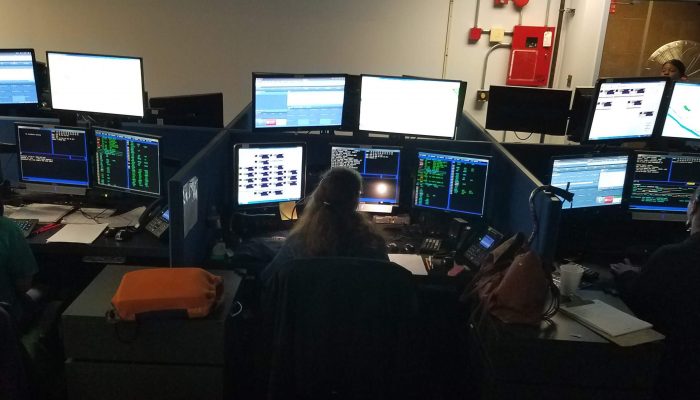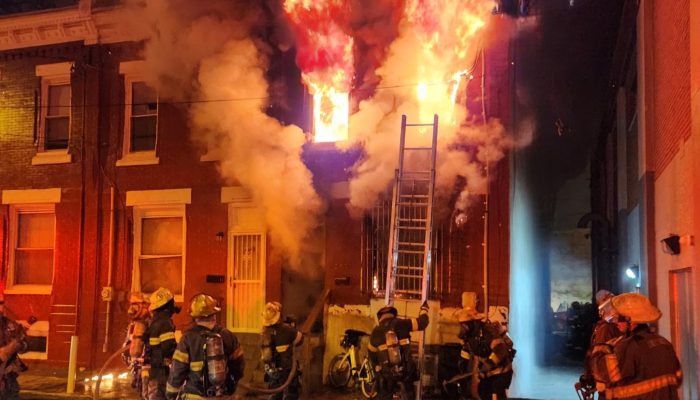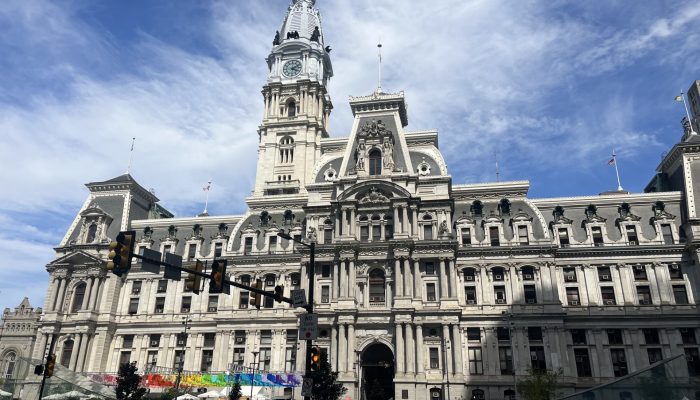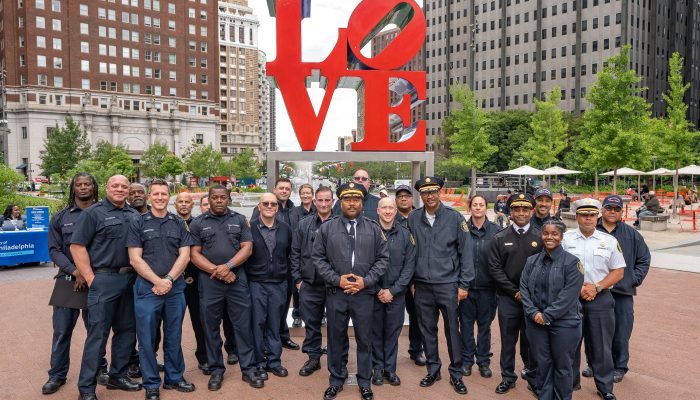The Fire Communications Center (FCC) is the nerve center of the Philadelphia Fire Department — where 911 calls are answered, and where ambulances and fire companies are dispatched to emergencies across the city. FCC personnel serve as lifelines to everyone they speak with. Last year, the FCC handled an average of 1,014 calls per day via 911—or about 126 calls per call-taker over a 12-hour shift.
For National Public Safety Telecommunicators Week (April 12-18), we talked to four FCC staff members about their jobs and how things have changed in the COVID-19 coronavirus era. Interviews have been condensed and edited for clarity.
Karuna Kong: When people call 911, they expect a certain amount of help. I like being behind the scenes — asking the right things, saying the right things. Like helping a mother over the phone give CPR to her child … to hear the baby start crying again in the background, that makes you want to keep doing it.
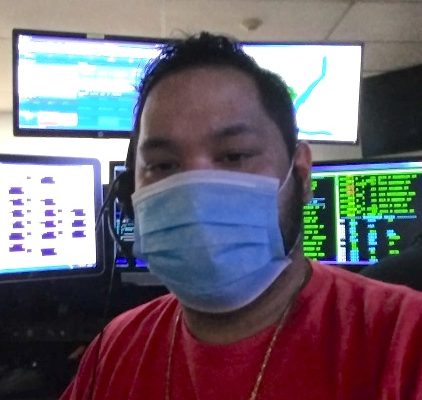
Since the COVID-19 crisis began, everything has been changing — protocols change, rules change, calls are screened differently. We work hand-in-hand with the PFD’s Infection Control Office — they’ve given us the methods and tools to screen calls to better serve the public and to keep firefighters, paramedics, and EMTs safe and healthy. We don’t want to send them into a situation they’re not prepared for. It seems like every day there’s something new that’s asked of us. But when they explain it to us, it makes sense.
The FCC is not for everyone. About one out of every 100 callers says thank you. But for the other 99, it’s the worst day of their life, and they don’t know how to express it. You need to get past that and understand that you are helping them. There are days you try to erase from your mind. If you knew you were going to be the last person someone ever talked to, what would you say? No one’s prepared for that. But to me, it is worth it. A lot of it has to do with the people I work with. It makes it easier to come to work. This is very fulfilling for me.
Frances “Franki” Rizq: I’ve worked at the FCC for about 15 years. The work is hard, challenging, and rewarding. My position as a dispatcher allows me to be that person who treats people with respect while helping them through their worst day. And everyone deserves to be helped in a nice manner. 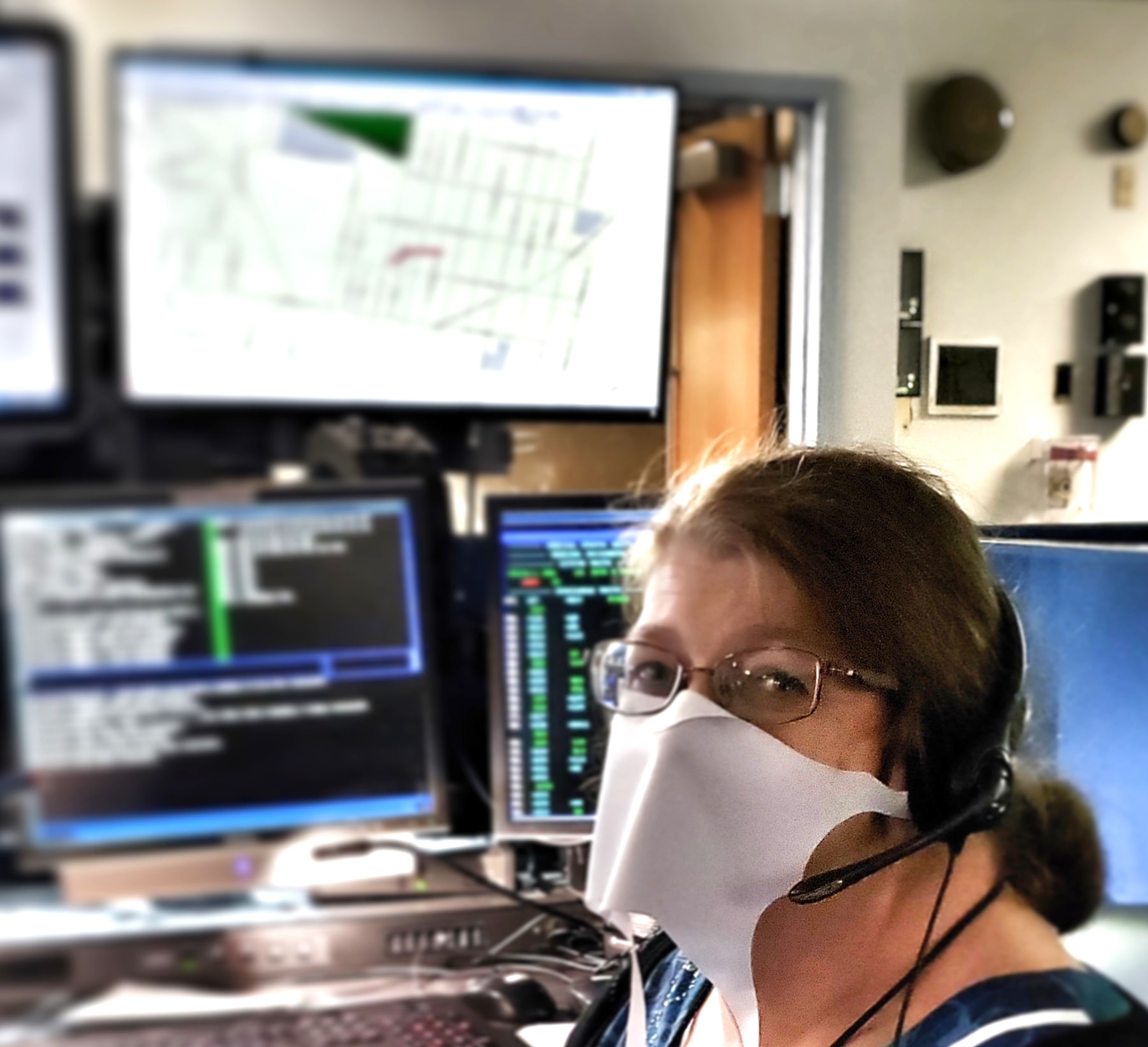 I treat them the way I’d want someone to treat my family member. I realize some people are upset, but I’m pretty good at calming people down, and I take pride in that. I also like the fact that we get to do three different jobs: 911 call-taker, medic dispatching, and fire dispatching.
I treat them the way I’d want someone to treat my family member. I realize some people are upset, but I’m pretty good at calming people down, and I take pride in that. I also like the fact that we get to do three different jobs: 911 call-taker, medic dispatching, and fire dispatching.
I was out on leave at the beginning of the year and coincidentally came back just as the COVID-19 crisis began to hit the city. People are definitely more upset and more worried. And I really feel for our members in the field — getting all that protective gear on, being worried about the possibility of bringing home the virus. Even though we don’t really see the PFD members that we talk to, we’re definitely connected with them. When some of them come to visit the FCC, they’re surprised. They don’t realize how much work we do here. They’re like, “Wow, you guys really work hard!” It’s nice when they see exactly what we’re doing.
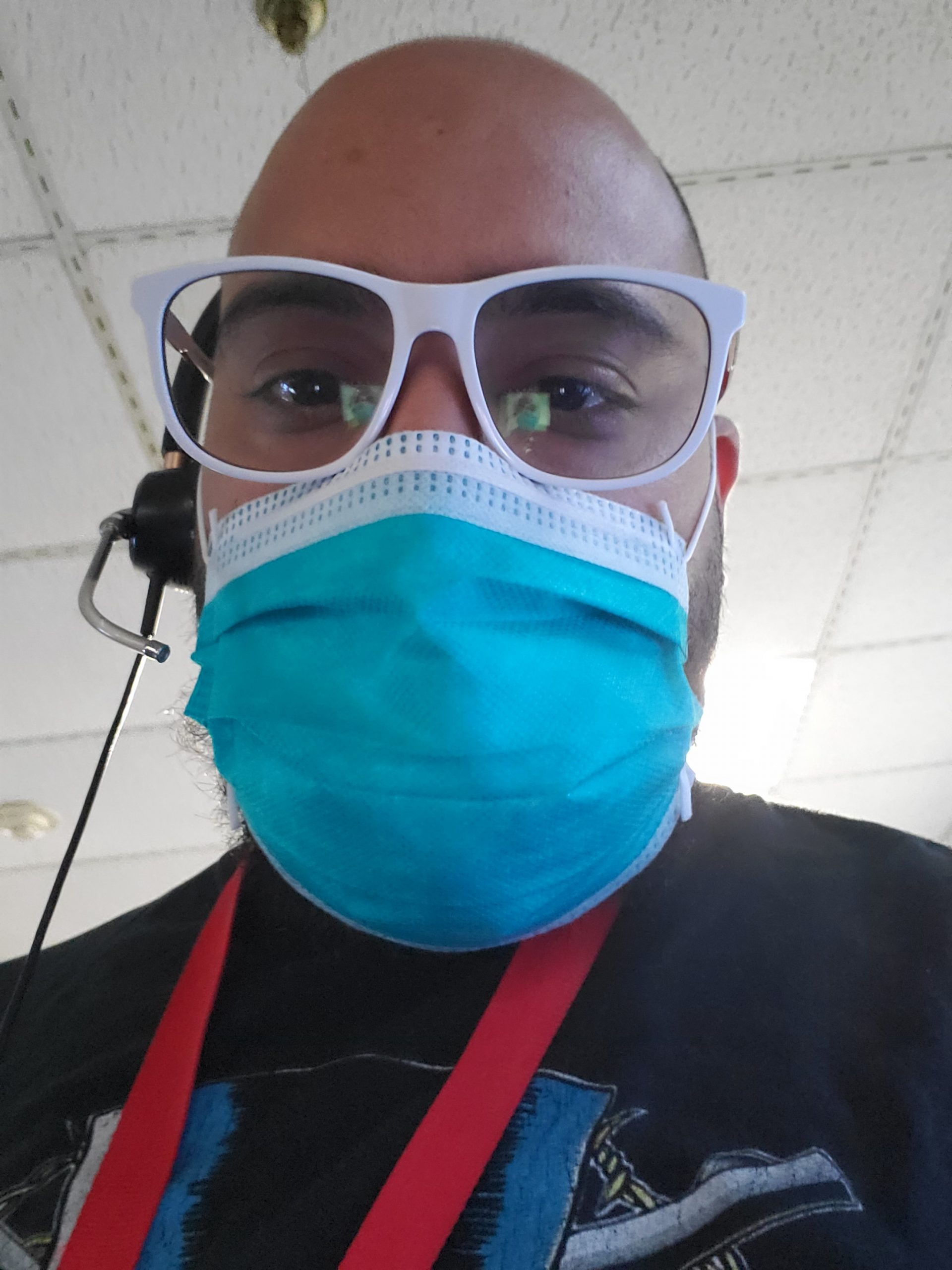
Jonathan Rosa: We’re like the first of the first responders. We’re the first people who help you. I’ve had plenty of calls where I am walking someone through CPR for their spouse who is unresponsive. It usually makes a difference — it increases the chance that they’ll live.
I wish people knew that all the questions we ask are designed to make sure they get the proper response and the proper help. Now, with COVID-19, the questions we ask also help protect the members on whatever situation they’re getting ready to walk into.
As the father of two boys, I feel especially lucky that I have job security during this tough time — 911 is not going anywhere. We are essential personnel, and I feel like I’m helping out the city and doing something for my community. Someone is always going to need help.
Chief Dispatcher Angel Rodriguez: What we are experiencing today, the COVID-19 pandemic, is completely new to all of us — from the most experienced dispatcher to the newest trainee. The dispatchers have adjusted well to the changes we have implemented to help keep them safe, and they have adapted to the many changes in call-taking and dispatch protocols to assist in keeping emergency responders safe.
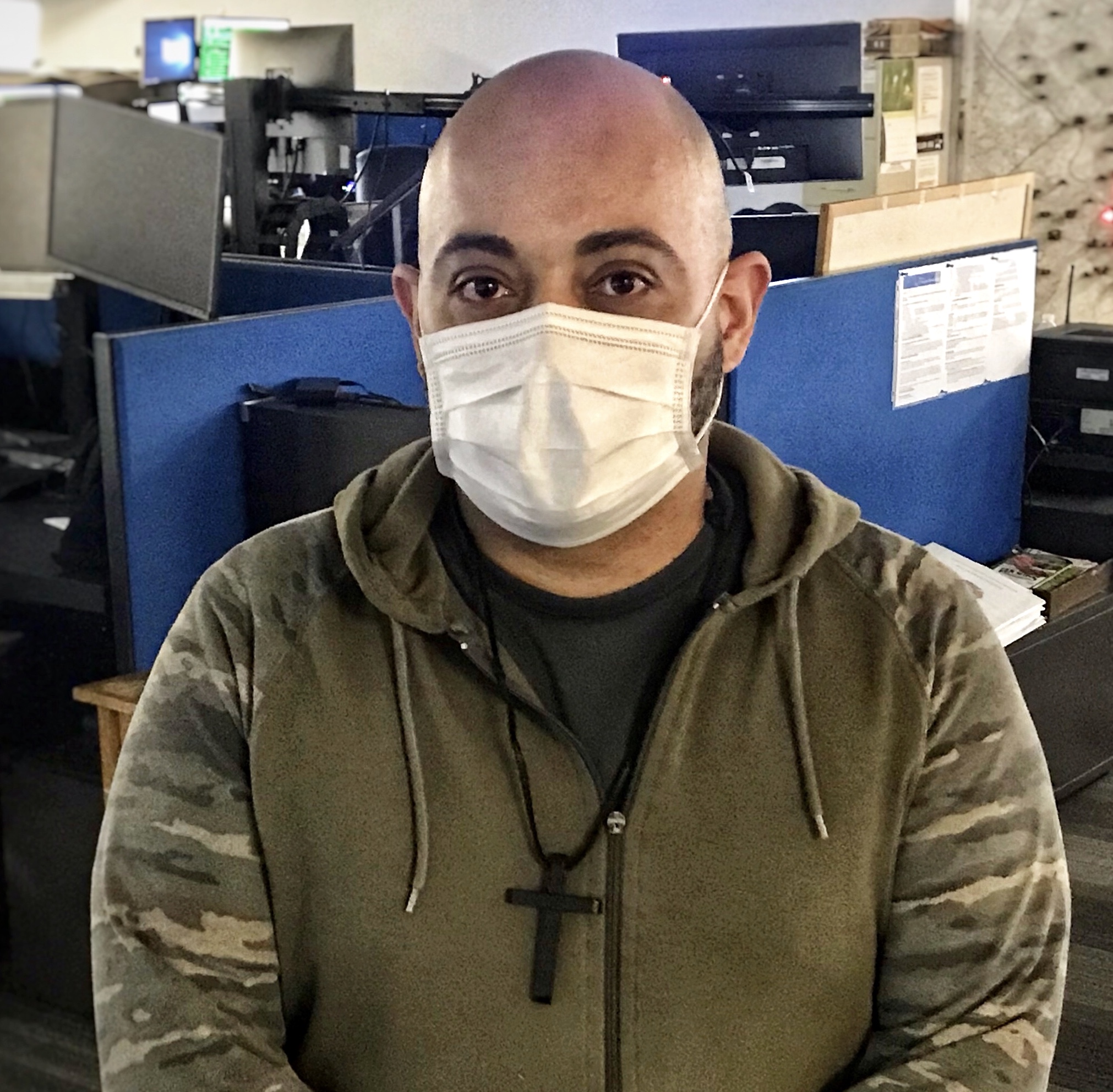
Working as a Philadelphia Fire Department dispatcher can be difficult even on a “normal” day. You go to work not knowing what you’re about to walk into, or what the shift ahead of you is going to bring. These days are not normal and are even more difficult. But our 911 dispatchers are committed. They fight through any fear or anxiety they may be experiencing from the pandemic to leave their families and go to work to assist the residents of Philadelphia at their most difficult moments and to support our emergency responders. I want to thank them for their dedication.

